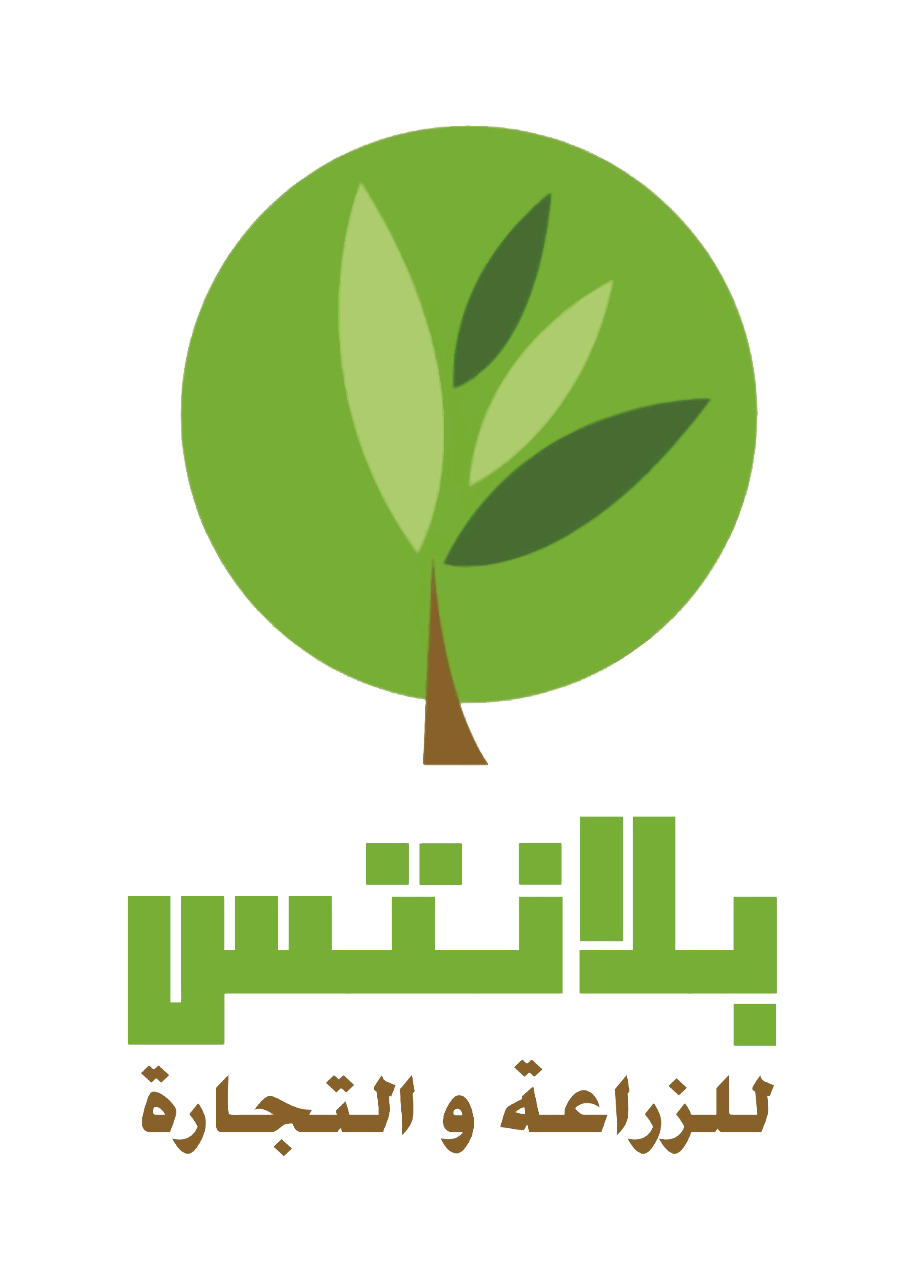- 01 Mar 2012
Rural institutions, tools for social and economic progress
1 March 2012, Rome - Strong rural organizations like producer groups and cooperatives are crucial to hunger and poverty reduction. They allow small producers to play a greater role in meeting growing food demand on local, national and international markets, while improving their own economic, social and political opportunities.
This thinking connects a series of case studies found in a new publication by the Food and Agriculture Organization of the United Nations (FAO) and the International Fund for Agricultural Development (IFAD).
The publication, Good practices in building innovative rural institutions to increase food security, released during the International Year of Cooperatives, presents thirty-five cases of successful institutional innovations that have empowered small-scale producers, and contributed to food security in different regions in the world.
"In order to be fully productive, small farmers, fisher folk, livestock keepers and forest users in developing countries are in dire need of services that are lacking in rural areas," say FAO Director-General José Graziano da Silva and IFAD President Kanayo F. Nwanze in the publication's foreword.
"There is a need to recognize the critical role of these innovative organizations and institutional arrangements in order to be more effective in poverty reduction and food security efforts," they continue.
The case studies describe some of the services and resources that these institutional arrangements and new models of public-private engagement can offer to small-scale producers. They include accessing and managing natural resources; providing inputs like seeds and equipment; enabling access to markets; improving information and communication, and helping small producers to have a voice in decision-making processes.
- Farmer Field Schools developed by FAO in Asia, and subsequently in Africa, have enabled millions of small farmers to analyze their production systems; identify their risks and opportunities and test solutions, and adopt new practices that lead to improvements in their livelihoods and food security.
- West African and Indian farmer groups have helped members to obtain short-term credit through a "warehouse receipt system". In collaboration with micro-finance institutions, they have provided storage facilities for agricultural products. The receipts are then used as guarantees to obtain short-term credit.
- In India, where a disastrous harvest can lead poor people to mortgage their lands, a women's association has provided loans to release mortgaged land and free borrowers from dealing with money lenders.
- In Cameroon, farmers' groups, collectors, buyers, resellers and researchers collaborated to select a new plantain variety that fetches a higher price than traditional plaintains. The new variety is also used to make specialty dishes and chips. This has led to the emergence of small groups, including dozens of women's groups, concerned not only with the production and sale of bunches, but also with processing the plantain into chips.
- In the Gambia, the National Fisheries Post Harvest Operator Platform is a mechanism for dialogue where governments can learn about small producers' needs while producers express their concerns and preferences.
- In Honduras, greater control over natural resources was transferred to local communities as part of the decentralization process, resulting in better land management and cropping practices. These Community Development Councils, representing rural families, participated in the Municipal Council and managed to ban slash-and-burn agriculture.
Some of the case studies also demonstrate the importance of including youth in small producer organizations and in decision-making processes.
"While highlighting the success factors for small producer organizations to thrive, these good practices can allow development practitioners and other stakeholders to learn from successful initiatives in various countries, to support them and replicate them. We hope that policy-makers and development practitioners in developing countries will build on insights from this set of case studies to promote innovative types of partnerships involving relevant stakeholders for effective food security strategies and rural development," write Graziano da Silva and Nwanze.
Support for women
Women in developing countries are among those who have benefited from rural organizations and other innovative institutions.
Women make up, on average, 43 percent of the agricultural labour force in developing countries, but tend to have lower-paid, less secure forms of employment and less access than men to agricultural resources like land, livestock, farm labour, education, extension services, credit, fertilizers and mechanical equipment.
The Good practices publication shows how rural organizations, including cooperatives, can help women farmers to overcome the social, economic and environmental constraints they face, by providing services such as access to markets, information, extension, and natural resources:
- In India, members of a women's association increased their vegetable production through better management of natural resources. The women have used watershed development techniques, such as building stone bunds, or ridges, and vegetative barriers, to control soil erosion, and reclaimed 3 000 hectares of ravine lands in 73 villages.
- In Burkina Faso, a microfinance network has provided short-term credit to women in order to support their development of parboiled rice, which tends to be more marketable due to its improved flavour and nutritional values.
- A water-use association in Ghana helps women to gain access to land for vegetable production by collecting a fee for annual membership that entitles each woman to a vegetable plot.
Producer organizations combined with links to non-governmental organizations (NGOs), the research community, and public and private actors also help small-scale producers, both men and women, to voice their concerns and interests in order to influence policy-making processes.
